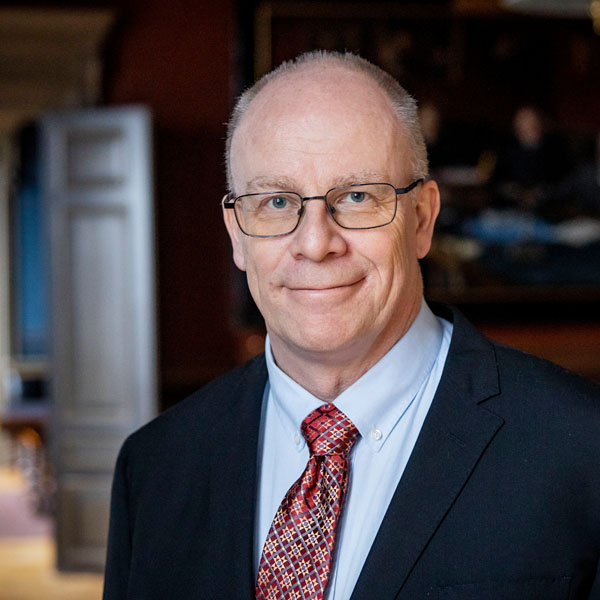Over ten years ago, Campus Gotland became part of Uppsala University. Much has happened since then. Many students have received high-quality education in a wonderful environment. We have developed a graduate school that is both innovative and competent. The Blue Centre is a force for Gotland, for Sweden and even the world. The Department of Game Design has perhaps the most international programmes at the University, with unique expertise not previously available in Uppsala, as is the case at many other departments that have been strengthened and expanded since the merger. Problems and obstacles have largely been overcome and I can honestly describe the trend as a success. However, as in every other part of our great University, there are adjustments that need to be made.
Recently, several statements regarding the range of programmes at Campus Gotland have been made in the media, most recently in an open letter to the University from the organisation Tillväxt Gotland. Change often raises concerns. I completely understand that, of course. At the same time, I see the commitment as a strength to build upon.
At Uppsala University, the faculties are responsible for the quality and content of their programmes and research. Several faculties have recently decided, independently of each other, to put on hold or discontinue certain programmes. I understand that it may look like coordinated cuts, but it is the result of decisions being taken in different parts of the organisation at the same time. The reasons for the proposed changes differ between the different programmes. One programme has a lack of applicants, another has too few students, a third has been put on hold because it will be redesigned, a fourth will be offered by another education provider, and so on. All in all, these changes will be noticeable in the short term and the number of students on campus will temporarily fall. At the same time, future-oriented development work is under way on the teacher education programmes, for example, but also on the business studies programme, the results of which we hope to see soon. The target of 1,500 students on campus remains and it is my conviction that we will be back at those levels within the next few years. Research will also be further strengthened, and discussions on those initiatives are ongoing.
It is normal for all higher education institutions to review their range of programmes at regular intervals and make changes to them. In order to live up to our high standards and goals, we have launched extensive efforts to profile Campus Gotland more clearly. The Campus Gotland Board, chaired by Vice-Chancellor Tora Holmberg, is tasked with driving these future-oriented ventures together with the University’s Adviser to the Vice-Chancellor, Jenny Helin. Many employees both in Uppsala and on Gotland will be involved in this. The Campus Gotland Board will discuss the profiling and focus of these ventures this week, and a decision on the new focus will be made at the end of the summer.
As Vice-Chancellor, I can assure you all that Uppsala University is, and will continue to be, a responsible stakeholder on Gotland. Uppsala University has a long-term committment to Campus Gotland.

